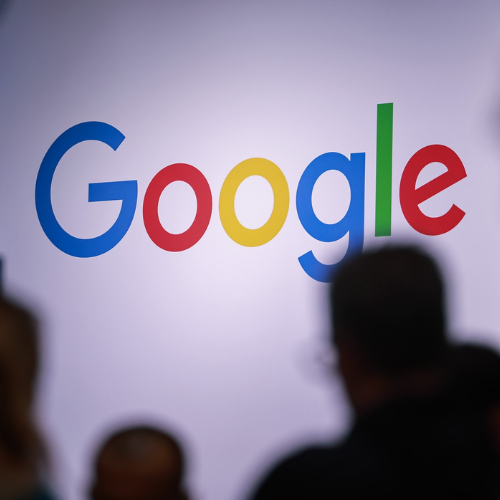In a major court decision, a United States judge has ruled that Google has been unfairly controlling the online advertising world. The judge said it acted in a way that stopped other companies from having a fair chance. This behavior allowed Google to stay on top and block others from competing.
The U.S. government, along with 17 states, had taken Google to court. They said the company was breaking the law by using its power to control how online ads are placed and where they appear. These ads are what you see on websites when you browse the internet. Behind the scenes, there’s a complex system that decides what ads to show and who gets paid. Google controls much of that system.
The judge ruled that Google had done things that were anti-competitive. That means they made it hard or impossible for other companies to take part in the online ad market. These actions hurt publishers—like news websites—and also harmed the people who use the internet by reducing competition and innovation.
Google Antitrust Battle: Analyzing the Ad Tech Monopoly Claims
Google lost the case on two major points. A third part of the case was dismissed. The company said it would appeal the parts it lost and was happy that one part was thrown out. They argued that advertisers and publishers use Google because it’s easy to use, affordable, and effective—not because they are forced to.
Why Google Got in Trouble
Google isn’t just a search engine. It also owns parts of the online advertising market that help both advertisers (the people who pay to show ads) and publishers (the websites that show the ads). It also runs the ad exchange, which is like a marketplace where ads are bought and sold in real time.
This setup means Google is involved on both sides of the deal and also runs the place where the deal happens. This gave them a lot of control, and the judge said that Google used this control to benefit itself and hurt others. The judge also said that this behavior caused serious harm to websites and online businesses and even affected regular people by limiting choices.
One example mentioned was Google’s purchase of a company called DoubleClick. This helped them grow bigger in the ad world. While Google said that buying this company didn’t hurt competition, the court found otherwise in some areas.
Google’s lawyers tried to argue that the court was only looking at old events and not considering that other big companies like Amazon also play a role in the ad space. But that argument didn’t convince the judge. The court still found that Google had done things that pushed out rivals and kept control of the market for itself.
What Happens Next
Now that the judge has made a decision, the case will move into another phase where officials will figure out what changes need to be made. The government has said that Alphabet, the parent company, might even need to be broken up. That means some parts of the company—like its ad business or even the Chrome browser—might have to be sold off or split into separate companies.
Meta Faces Landmark Trial Which Could Break Up Its Tech Empire
Experts believe that these changes could have a big impact on how money from ads is shared between advertisers, website owners, and the companies that run the ad technology. Even though regular internet users might not see a big difference on their screens, the way money moves behind the scenes could change a lot.
A law professor said that this ruling shows that courts are ready to hold big tech companies responsible when they break the rules. It also shows that government agencies are serious about fighting unfair business practices.
This case is part of a larger effort by the U.S. government to make sure big companies don’t use their power to stop others from growing or competing fairly. Google’s loss in this case follows another recent defeat where the company was also found to have a monopoly in online search.
Meanwhile, other countries like the United Kingdom are also looking into whether Google is using its power unfairly in the online advertising world.
This ruling is one of the strongest actions taken against a tech company in recent years and marks a key moment in the battle over how much control big companies should have in digital markets.


